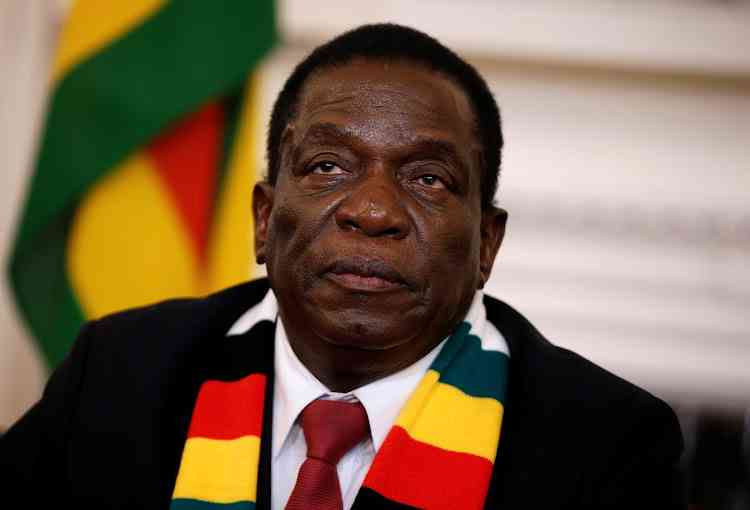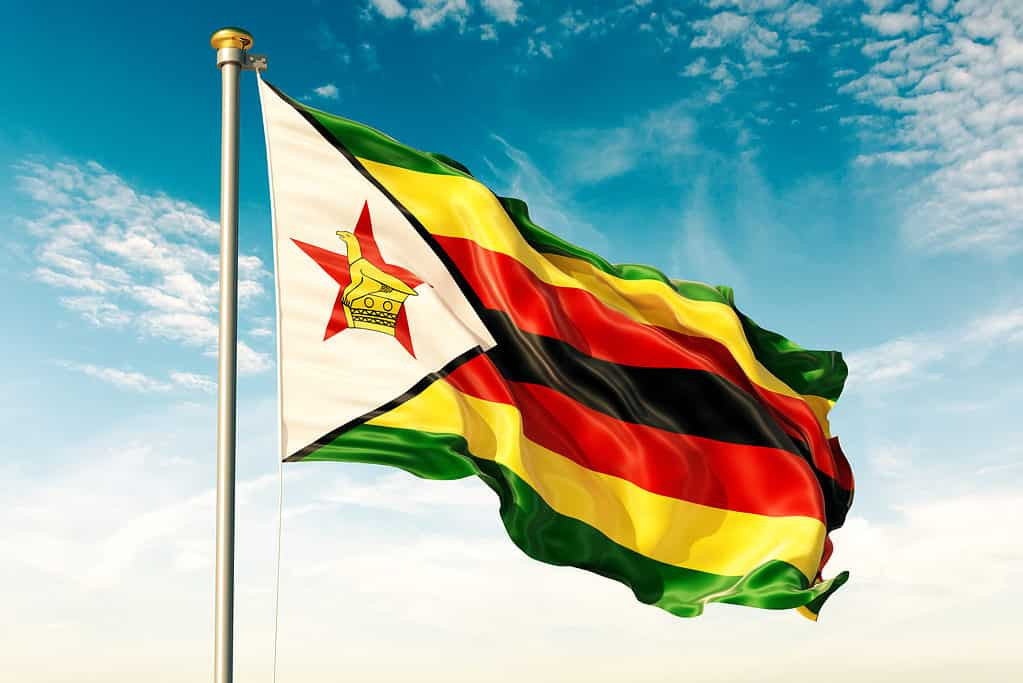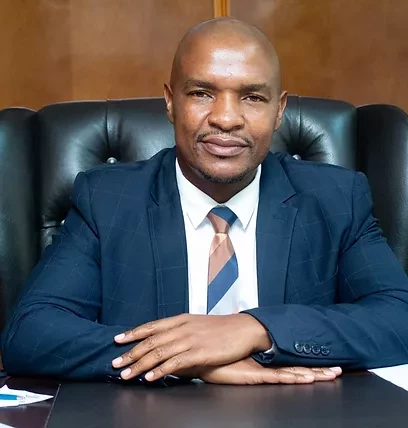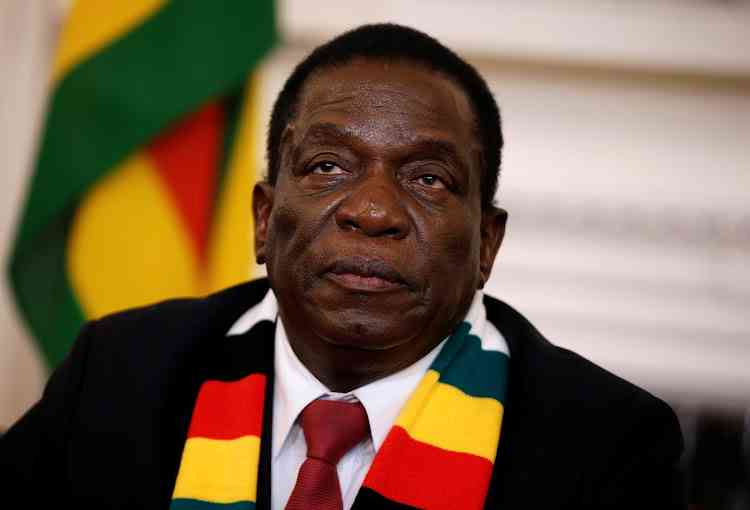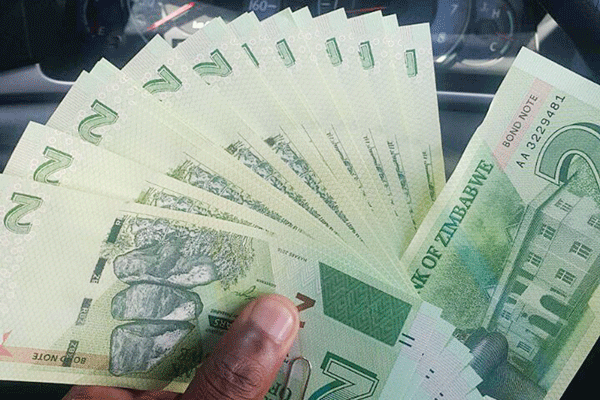
BY FIDELITY MHLANGA
While government remains adamant on the use of the local currency, signals on the ground show the Zimbabwe dollar is not popular among traders, including those in rural areas.
In June last year, government made a surprise announcement of the return of the Zimbabwe dollar as the sole legal tender, albeit, with inadequate foreign currency, market confidence and mineral backing causing the currency to lose value within a short period of its introduction.
Standardbusiness visited Chipinge over the just-ended holidays and observed that most shops owners and individuals in this part of the country as is generally the case everywhere else around the country, prefer trading in the South African rand or the United States dollar.
Shop owners in Manzvire and Chisumbanje located in Chipinge district told this paper that apart from the Zimbabwe dollar’s continuous loss of value, they were taking advantage of the fact that most residents in the district have relatives based in neighbouring South Africa who remit the rand to sustain their families.
“Look, these guys bring rand when purchasing goods here. So basically we sell our goods in that currency which they get from South Africa. So we have decided to price our goods in rand,” a shop owner at Manzvire shopping centre said.
A two-litre bottle of cooking oil was trading at R40 while a packet of 2kg sugar was going for R36.
Individuals were selling chicken at R100 and a goat was being sold for R500.
- Chamisa under fire over US$120K donation
- Mavhunga puts DeMbare into Chibuku quarterfinals
- Pension funds bet on Cabora Bassa oilfields
- Councils defy govt fire tender directive
Keep Reading
However, despite the fact that all products were priced in the rand, shoppers could be given their change in local currency.
“We don’t have an option here. We get rand from our customers and we give them change in Zimbabwe dollar. Ecocash or mobile money transactions are not popular here,” said another trader in Chisumbanje.
Zimbabwe has an estimated 3 million citizens based in South Africa.
In major towns and cities around the country, the US dollar is the most popular trading currency.
Confederation of Zimbabwe Retailers president Denford Mutashu said the appetite to trade in forex was high in the market and this was a vote of no confidence in the local currency.
“The appetite to trade in forex is high in the informal sector. With the informal sector occupying almost 70% of the economy, sustainability of the local currency is threatened until we fix the structure of the economy. As a country, we have not done enough to restore banking sector confidence which was obliterated in 2008,” Mutashu said.
Economist Persistence Gwanyanya said the authorities must allow the market forces to drive the economy.
“The economy will naturally dedollarise instead of redollarising. However, from the look of things, this can only happen after 2020. But the key advice to Reserve Bank of Zimbabwe governor John Mangudya is for him to let the market speak. Respect market forces and don’t overregulate and change goalposts in the middle of the game. It saps away the confidence in the economy. In fact, we need to respect the belief that in their imperfections, the principles of free market economy and good governance are the best drivers of modern-day successful economies,” Gwanyanya said.
Finance minister Mthuli Ncube last November told a post-budget meeting that authorities were enduring de-dollarising headaches. ‘It’s very difficult to de-dollarise. Very few countries have managed to do that, but I think we will manage to do that. How many countries have de-dollarised in the past 30 years? None,” Ncube said then.

